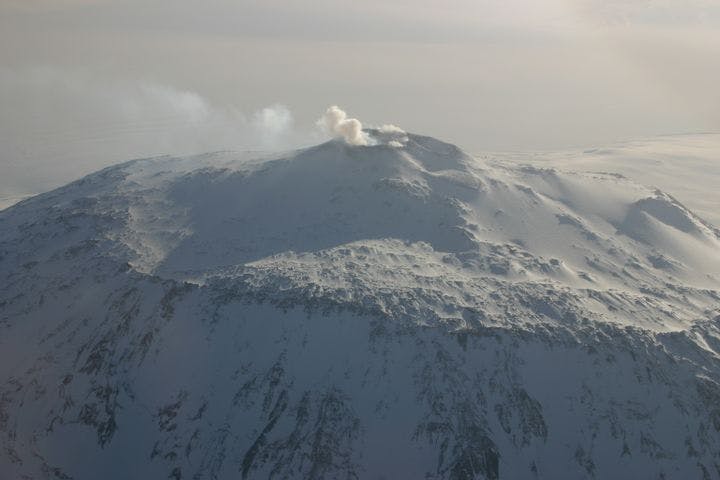Fall 2007
Unfreeze Antarctica!
– The Wilson Quarterly
Nations have been squabbling for years over land claims in the Antarctic, but the area might better be served by declaring it a global commons.
Despite its lack of nearly everything necessary to sustain human life, Antarctica is a surprisingly popular continent. Britain staked its claim in 1908, followed by New Zealand, France, Australia, Norway, and Chile. Argentina polished its effort to gain title between 1927 and 1957, while the United States and the Soviet Union reserved the right in 1959 to make ownership claims in the future.
The reason behind this land rush, unsurprisingly, is minerals and, quite possibly, oil. They are thought to exist in large quantities under the polar ice, which is up to three miles deep in places. The “Gondwanaland hypothesis” holds that Antarctica is one of seven continents that broke apart from a larger landmass more than 150 million years ago, and that because minerals exist on the other six, Antarctica must have them as well. Coal and iron ore have already been found, writes Jill Grob, senior production editor of The Boston College International and Comparative Law Review.
Three of the seven claimants have staked out some of the same land, and during 1947–48 “war-like scuffles” broke out among the rivals. As the Cold War became more heated, the Soviets hoisted the hammer and sickle over a research station they had established on land claimed by Australia. And though scientific research continued peacefully, the United States called together an early coalition of the willing to work out a treaty governing the territory. The eventual document, the Antarctic Treaty of December 1, 1959, banned military uses of the continent and encouraged scientific research. Territorial claims were “frozen” and left unresolved. The continent is jointly governed by treaty “consultative” signatories, which can include only nations that conduct “substantial scientific research” there, effectively excluding any but the richest nations.
With the threat of accelerated global warming raising environmental concerns, the time has come for nations to drop their Antarctic claims, Grob contends. They are based on long-ago discoveries, geographic proximity, or connections via submerged mountain ranges, and are ultimately irresolvable.
Antarctica should become an unclaimed global commons where scientific research can take place that will benefit all humankind, Grob says. This may require increased United Nations involvement, or merely a broadening of the conditions under which interested countries can become consultative signatories to the 1959 treaty. In any case, Antarctica is too important to the global environment to be held hostage to the concerns of nations “hoarding their frozen claims.”
* * *
The Source: "Antarctica's Frozen Territorial Claims: A Meltdown Proposal" by Jill Grob, in Boston College International and Comparative Law Review, Spring 2007.
Photo courtesy of Wikimedia Commons
